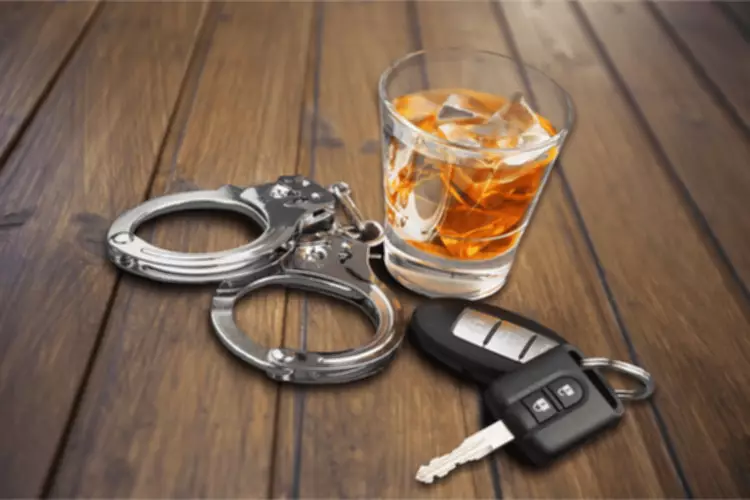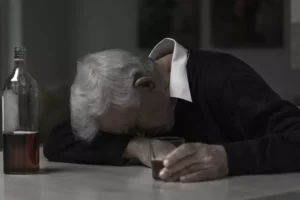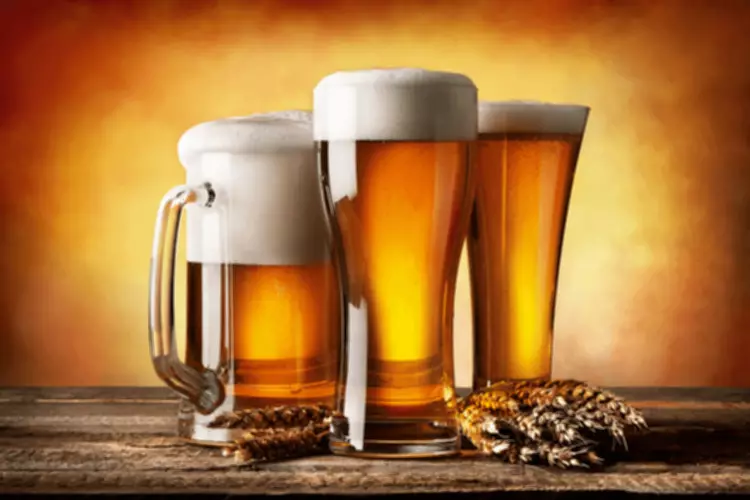What to Say and How to Talk with Your Teen About Drinking

The federal agency’s sweeping annual poll is closely tracked by mental health and addiction experts.It includes a broad range of questions asked to Americans ages 12 and older living in the community, not in care facilities. NIAAA has information about alcohol use, alcohol use disorder, and treatment options. The Trevor Project is a leading national organization that provides crisis intervention https://ecosoberhouse.com/ and suicide prevention services to lesbian, gay, bisexual, transgender, queer, and questioning youth. All of these factors make it important to find treatment providers who have special expertise in treating adolescents. Please note, adolescents have many different issues that need to be addressed in different ways, and treatments for adolescents are often different than for adults.
Top Alcohol and Teens Related Articles
Choose a time when your teen hasn’t been drinking and you’re both calm and focused—and turn off your phone to avoid distractions. If you suspect someone is experiencing an alcohol overdose, get medical help immediately. Cold showers, hot coffee, food, or walking will NOT reverse the effects of alcohol overdose and could actually make things worse. Know where and how to get treatment and other support services and resources, including counseling or therapy (in person or through telehealth services). Doctors diagnose alcohol use disorder (AUD) when a person has two or more of the symptoms listed below. The more we know about how alcohol affects the adolescent brain, the more we can inform the conversations about alcohol that we have with teens.
- Although binge drinking can have negative health consequences, not all people who binge drink are necessarily addicted to alcohol.
- Alcohol poisoning is the potentially fatal result of drinking excessive amounts of alcohol in a short period.
- Remind your teen that underage drinking is illegal and that they can be arrested for it.
- It’s important for parents to understand the reasons their child may experiment with alcohol.
- Among people who wait until age 21 to start drinking, the risk of alcohol dependence later in life is only 10%.
- Talk to your child about what’s going on in their life and any issues that may have prompted their alcohol use.
How does alcohol affect teens?
Things can change quickly in a teenager’s life, so keep making the time to talk about what’s going on with them, keep asking questions, and keep setting a good example for responsible alcohol use. As adolescents mature, they undergo complex developmental changes, especially in their brains. The widespread changes in the organization and functioning of the brain—which continue into a person’s mid-20s—bring about the cognitive, emotional, and social skills necessary for adolescents to survive and thrive. The nature of these rapid changes may also increase the adolescent brain’s vulnerability to alcohol exposure. For youth in the first stage of alcohol use (having access but not having yet used alcohol), preventive measures are used.

Teen Alcohol Abuse & Treatment Guide

Therefore, healthcare professionals recommend limiting access to alcohol or other drugs, addressing any risk factors of the youth or family, as well as optimal parental supervision and expression regarding expectations. She has been told there is little they can do until WA changes laws around unlicensed alcohol, drug and mental health treatment providers. The highest percentage of alcohol-impaired drivers in fatal crashes was the 21- to 24-year-old age group, totaling 27 percent of all fatal crashes in 2021.

The increase amounts to more than 500,000 additional adolescents getting treatment in 2023, SAMHSA said. In addition to the many negative health impacts that are caused directly by drinking, young drinkers are especially vulnerable to fatalities related teenage alcoholism to alcohol abuse. According to the Center on Alcohol Marketing and Youth, 5,000 people 21 and under die from alcohol-related injuries, including homicide and suicide, every year, and an additional 600,000 students were injured due to alcohol abuse.
Use of Other Substances
- For females, binge drinking means having four or more drinks on the same occasion on at least one day in the past month.
- The nature of these rapid changes may also increase the adolescent brain’s vulnerability to alcohol exposure.
- If a teenager’s environment is constantly highlighting reasons for underage drinking, they will be far more likely to partake and will be more at risk for teen alcohol abuse.
- Formerly known as alcoholism, alcohol use disorder (AUD) can affect people of all ages.
- Talk with people you trust about your concerns and how you are feeling.
- The final and most serious fifth stage of alcohol or other drug use involves the youth only feeling normal when they are using.
Alcohol is the most commonly abused substance globally, this includes individuals under the age of 21. Over half of Americans between 12 and 20 years old have experimented with alcohol, and 1 in 5 teenagers become heavy drinkers. In 2010, there were 189,000 visits to emergency rooms as a result of underaged alcohol-related injuries. But starting to drink when you are a teenager increases the risk for addiction. Teens who start drinking alcohol before age 15 are five times likelier to develop a later addiction to alcohol than those who begin drinking at age 21 or older. When your teen abuses alcohol, it’s easy to judge yourself or negatively compare your family to others.


